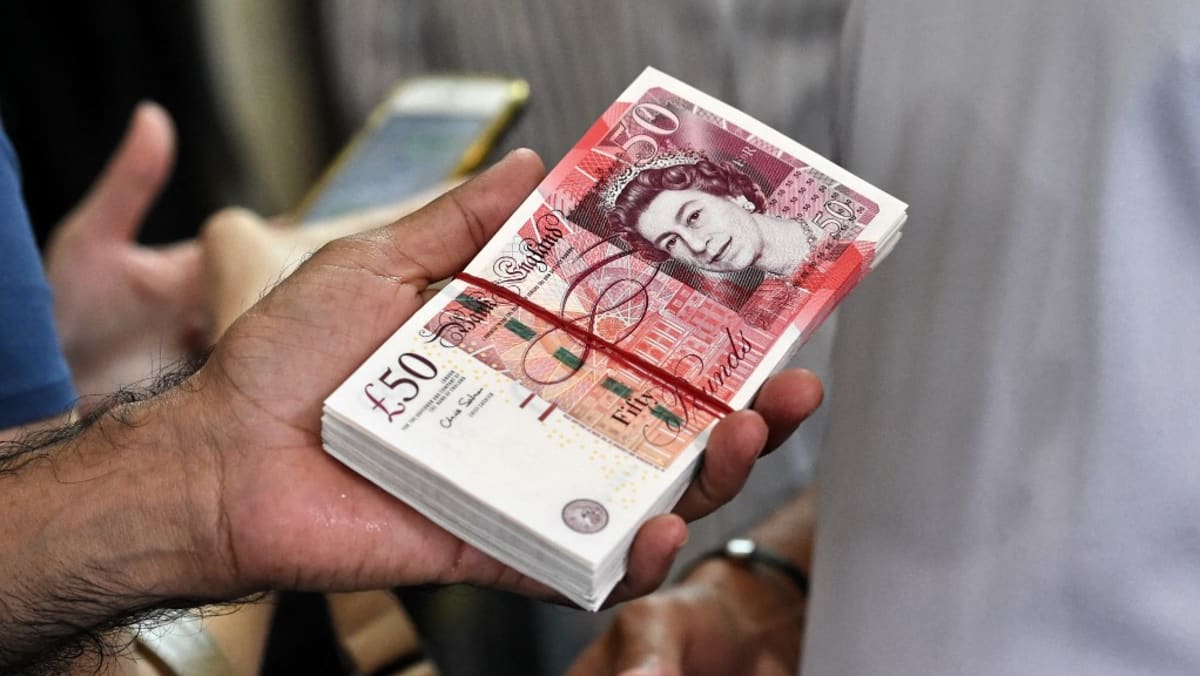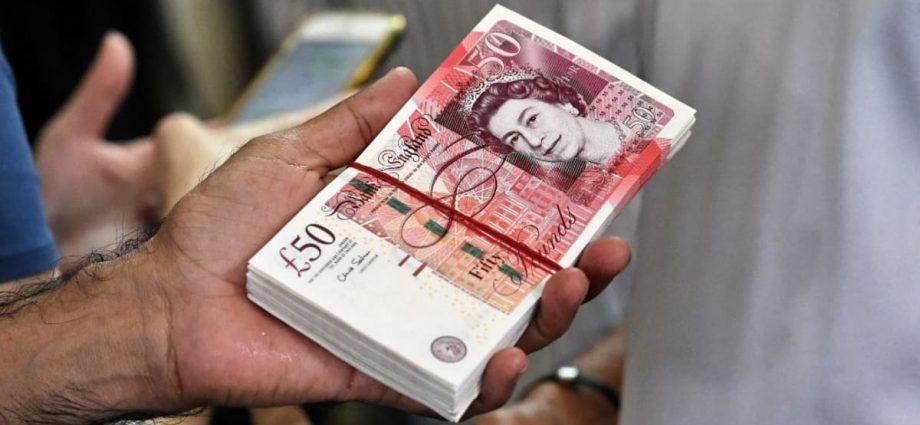
Other money changers CNA spoke to on Tuesday morning said there has not been a significant uptick in demand for the pound.
At The Arcade at Raffles Place, home to a cluster of money changers, lines had yet to form at around 10am.
The owner of Shara Exchange, who gave his name as Mr Saleem, noted that while there were people buying the pound on Monday, many are likely to be holding out for better rates.
“There were not many transactions taking place … People may think (the pound) will go down, so they are still waiting. Yesterday, it went down and today it went up a bit – it’s fluctuating. So, people still may monitor,” he said.
Most money changers that CNA spoke to also observed that those who bought the pound were mainly Singaporeans, and that sales could not compare to that of the Japanese yen, which dropped significantly last week.
Demand was so strong that the yen was sold out by about 12.30pm last Saturday, said one trader.
“The pound is unstable now as it is slow-moving, so we see more Singaporeans buying the Japanese yen because the rate is good,” said Mr Abdul Hamid, 50, an employee at MIJ Money Changer.
Besides money changers, the weak pound may also translate into more business for travel agencies.
Luxury travel agency Lightfoot Travel said it has already “felt a jump in enquiries over the weekend”, driven by the pound and the reopening of Hong Kong, one of the agency’s key markets.
“The exchange rates can really affect the way our guests travel from Asia,” the agency’s COO and co-founder Lucy Jackson Walsh said.
“The trend of taking advantage of exchange rates will only increase travel to the UK for all of Lightfoot’s markets – from Dubai, Hong Kong and Singapore,” Ms Walsh added.
“With Hong Kong opening up and the weakening pound, we anticipate a strong surge in bookings,” she told CNA.
Additional reporting by Rachel Chan.

